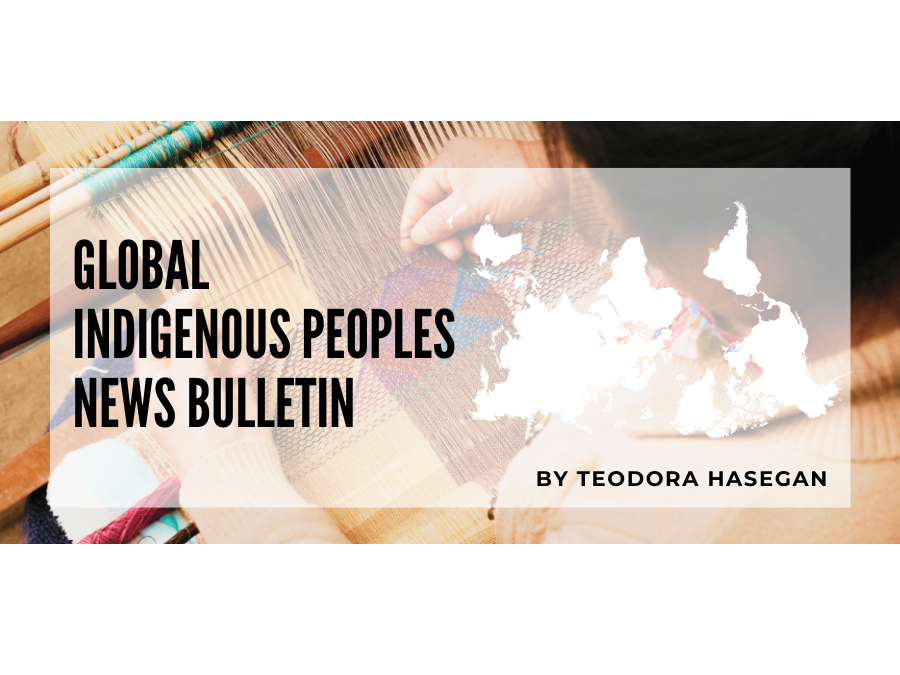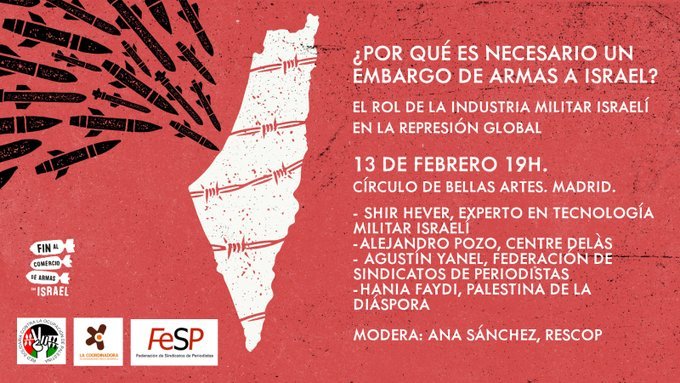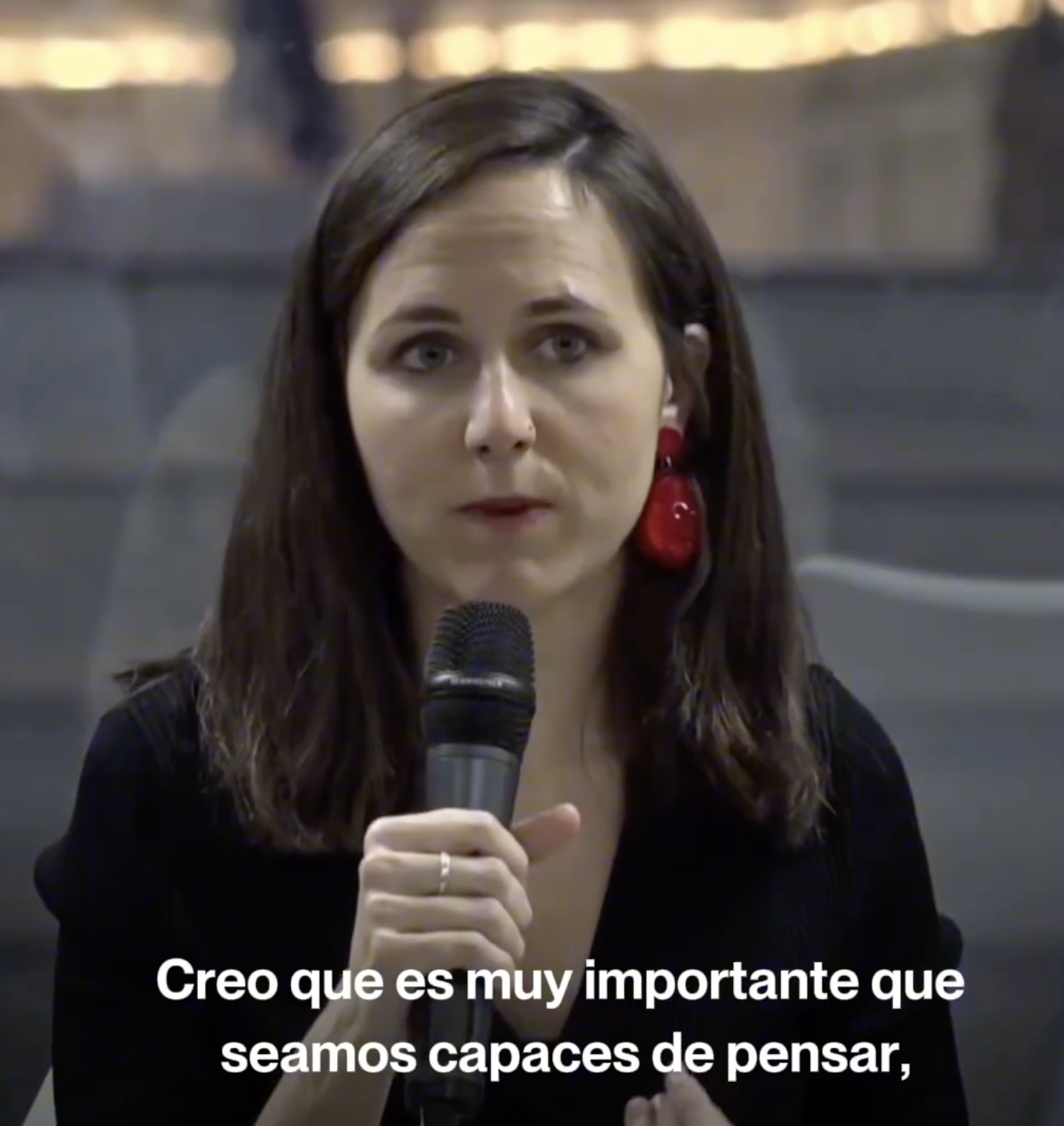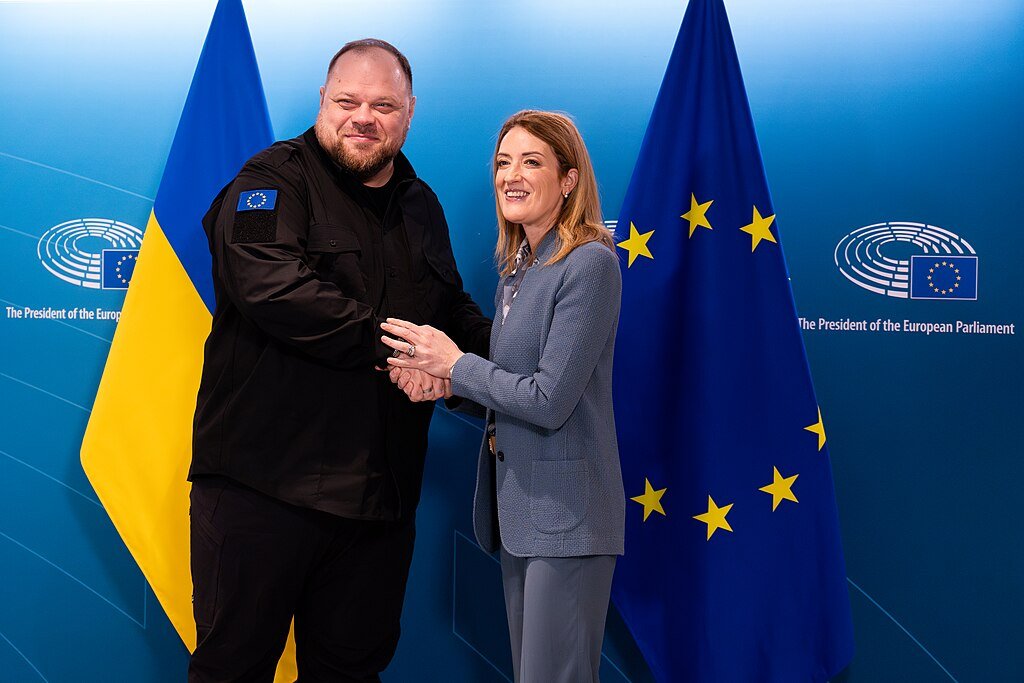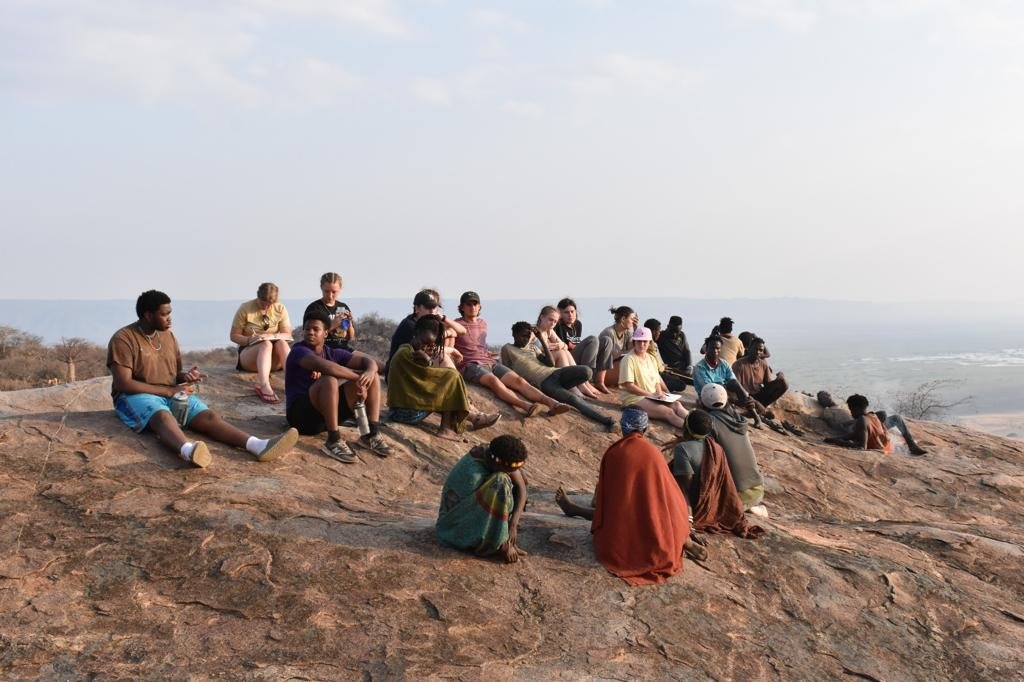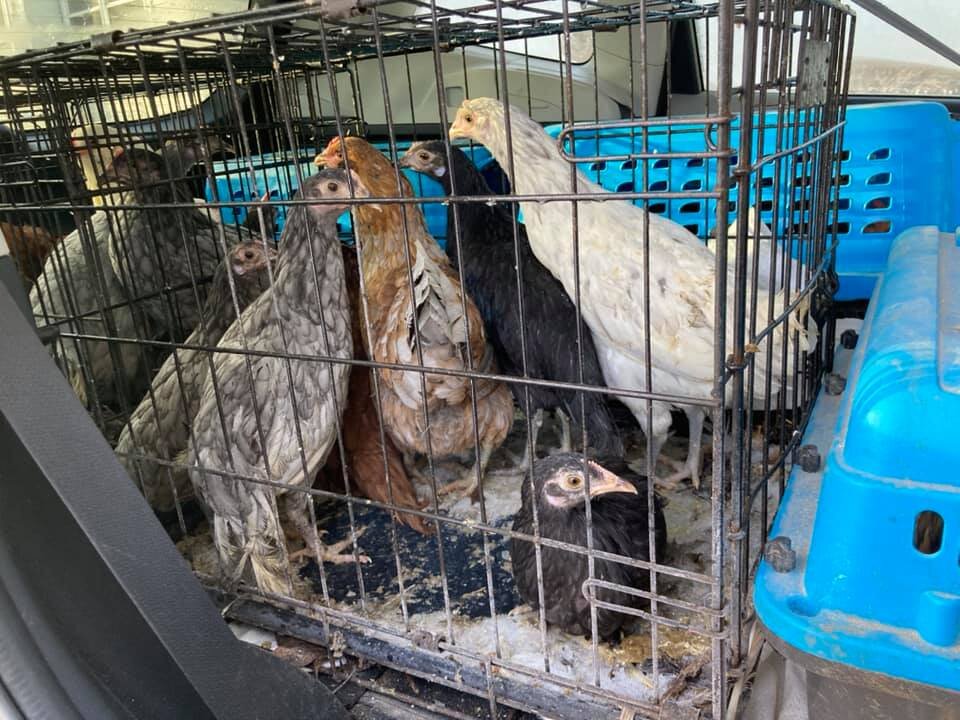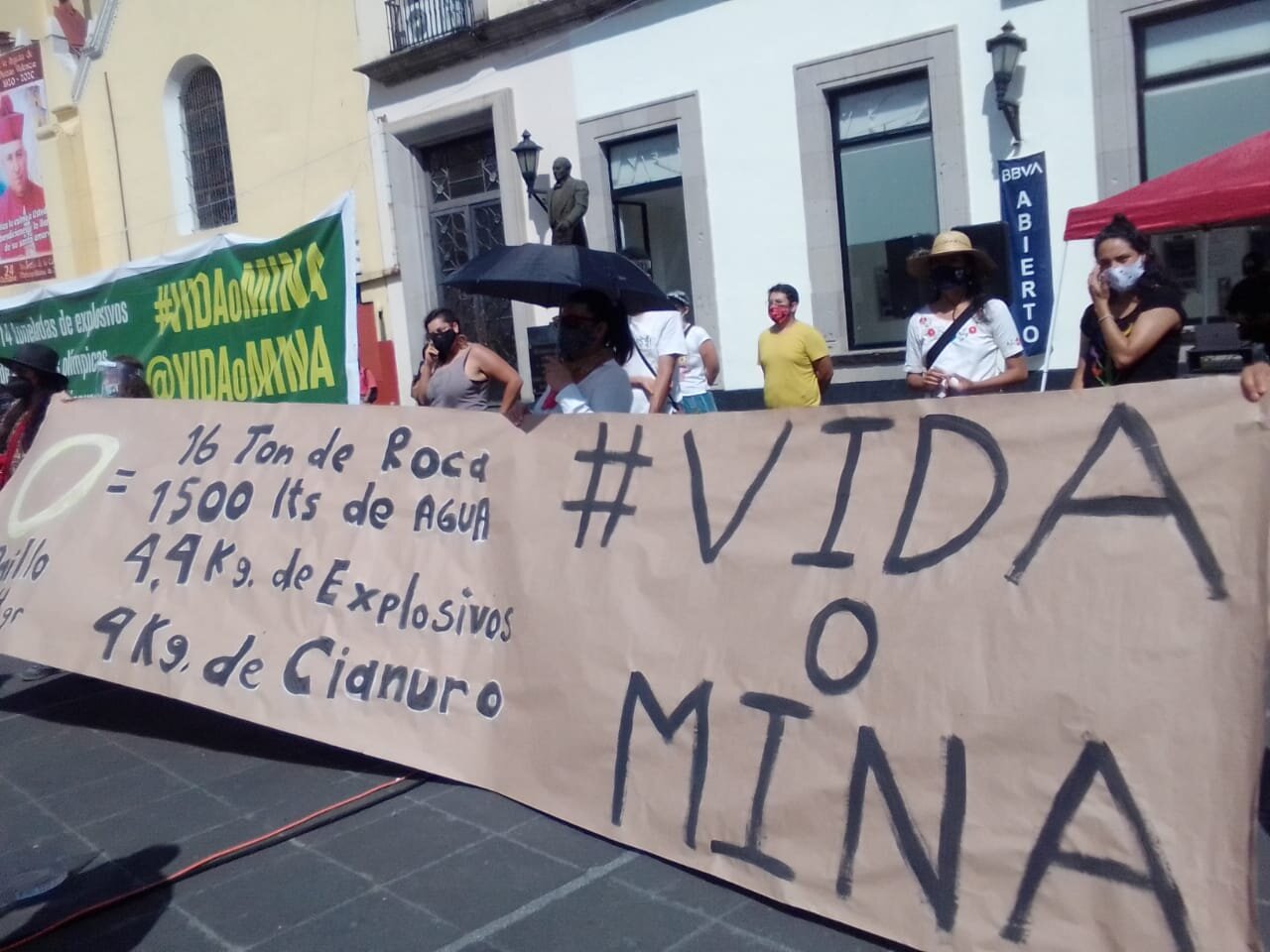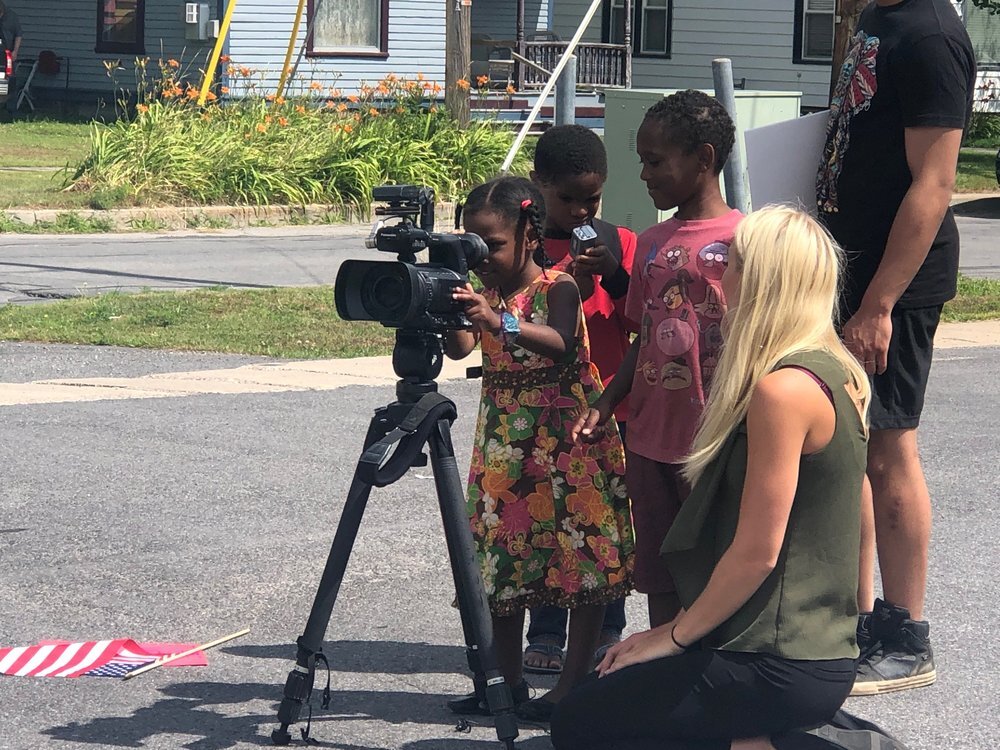
Stories
News

Analysis
Voices
Podcast
Announcements
Events

All Stories
A Vigil in Solidarity With Palestinians
In response to the ongoing Israeli violence against Palestinians in Sheikh Jarrah, Gaza, and elsewhere, several dozen St. Lawrence University students, faculty and alumni gathered on May 15 for a Vigil in Solidarity With Palestinians.
Stand With the AAPI Community: Resources and Actions
Resources to help educate on how to be a better ally to the Asian and AAPI (Asian American and Pacific Islander) community and educate about anti-Asian bias, hate crimes, and violence.
Art From the Frontlines of a Threatened Mountainside
In a follow up to “Coatepec: The Fight for the Cloud Forest”, a Forest Guardian from Movimiento por la Defensa de la Sierra describes the impact of art on their movement. The artists in question are children, and the young Earth Guardians are inspiring their community to rise up and protect their forests.
The Real Antidote to Trumpism
As the United States shifts to the Biden Administration, after four turbulent years of Donald Trump, the North Country Poor People’s Campaign offers its vision of a movement that can provide a viable alternative to Trumpism: a movement led by the poor and dispossessed.
Shifting Ground: Winter’s Welcoming Call To Rest
In the second installment of her Shifting Ground series focusing on a year-long journey of moving her farm and deepening her commitment to regenerative agriculture, Himanee Gupta-Carlson narrates her process of moving into the quiet of winter after a fall of transition.
After January 6th: Critical and Grassroots Perspectives
On January 22, Weave News hosted a live panel discussion focusing on the January 6 attack on the US Capitol and its implications for struggles for justice in the United States. The panelists were Damon Berry, Nicole Eigbrett, Thahitun Mariam, and Steve Peraza.
The River Says NO
On January 20, 2015, the PUCARL Collective (United Communities of the Antigua Watershed for Free Rivers) blocked the entrance to the Río Pescados (River of Fishes), halting the construction of a dam that was threatening the entire region. The 43 communities along the Rio Pescados are the first to defeat Odebrecht, thus protecting their waterways for the generations to come.
¡Sí a La Vida, No a La Mina! (Yes to Life, No to the Mine!)
A new gold mine in Veracruz, Mexico, will be the first one in the world to be opened only two miles away from a nuclear reactor and from many pipelines - all in the middle of a densely populated, touristic area that is also the most important migratory route in North America. These are some of the main reasons why local activists are strongly opposing the project.
The Last Pick in Gym Class
“Being a BIPOC woman in a PWI felt a lot like being the last pick in gym class—you know, in middle school when they are picking teams for a competitive game of dodgeball…That is the feeling I had while pursuing my graduate degree, the feeling of being less than even though we all deserved a spot in that class.”
“We must not stand by quietly”: A Call to Resist Eviction of Palestinians from East Jerusalem Homes
As his and other Palestinian families are threatened with eviction in the East Jerusalem neighborhood of Sheikh Jarrah, Mohammed El-Kurd issues a call for international support against Israeli colonization.
Editor’s Note: From “Surviving PWIs” to “Conflicting Emotions”
Shifting Ground: Farming, Land Use, and Food Sovereignty
In the first installment of her new “Shifting Ground” series, Himanee Gupta-Carlson introduces us to the experiences that have led her and her husband to make a commitment to “cultivating food security on a regional level through regenerative agricultural practices and participating in food sovereignty movements worldwide.” The series will trace their journey over the coming year as they move their farm to a new location following racialized protests against their agricultural practices in their current location.
Talking Wings - The Collective Behind the Summit
In the final installment of his series on Decolonization and Food Sovereignty, Derek Sherrange introduces us to Tzintzun Aguilar-Izzo and Blake Lavia of the Talking Wings Collective, the driving voice behind the North Country Art, Land & Environment Summit beginning on September 9, 2020.
Food Sovereignty and the Future of Regenerative Farming
In his third article previewing the upcoming North Country Art, Land, and Environment Summit to be held from September 9 to October 2, Derek Sherrange draws on the work of educator and farmer Dr. Himanee Gupta-Carlson to explore the concept of food sovereignty and its relevance for the work of overcoming settler-colonial structures and building regenerative forms of agriculture.
Ecocentrism – Looking to Other Ways of Knowing
In his second article previewing the upcoming North Country Art, Land, and Environment Summit to be held from September 9 to October 2, Derek Sherrange draws on the work of Dr. Claudia Ford (SUNY Potsdam) to explore the tensions between mainstream (settler) environmentalism and indigenous paradigms grounded in ecocentrism and traditional ecological knowledge.
On Settler Colonialism: Hearing from the Kanien:keha'ka (Mohawk) Nation
In preparation for the upcoming North Country Art, Land, and Environment Summit to be held from September 9 to October 2, Derek Sherrange begins a new series on food sovereignty and decolonization. In this first installment, Sherrange provides an overview of the concept of settler colonialism and shares the insights of Katsitsionni Fox (Bear Clan), a Kanien:keha'ka (Mohawk) artist, filmmaker, and educator.
"My COVID Summer" : Students Share Experiences, Hopes for the Future
St. Lawrence University students, like students everywhere, have faced a range of issues connected to the global pandemic. Weave contributor and editor Nicole Roché reached out to former students from all over the country—and all over the world—asking them to share their experiences from this difficult summer.
Here are their stories.
Sentiments of a Black Scientist: Letter to My White Colleagues
“You have the privilege to choose when you want to listen, reflect, and act on diversity in STEM. Because you have chosen, for now, to listen, can I make a suggestion? Rather than replying with sympathy, stories, and silver linings, develop a plan for what you’re going to do to change.” In his contribution to our Surviving PWIs for POC series, Charles Scaife writes a letter to white scientists.
How Was Your Weekend?
To break the awkwardness of a group discussion, a student asks, “how was your weekend?” For Namarig Kram, the question from a white classmate was a window into the dynamics of racism on and around her university campus in northern NY. Read her story in the latest installment of our Surviving PWIs for POC series.
Straddling Gratitude and Resentment
In the latest installment of our Surviving PWIs for POC series, Karen Chalamilla reflects on her postgrad education at SOAS (University of London). “Simply being critical of Euro-patriarchal thinking will never be enough,” writes Chalamilla. “Its dominance runs too deep. If this is what academic institutions consider to be decolonization, then we ought to question whether the project is worth our energy at all.”

